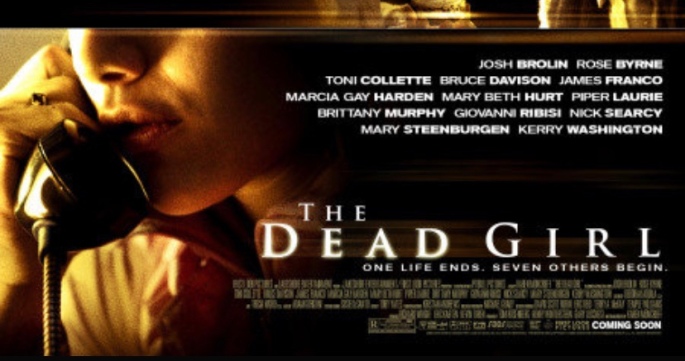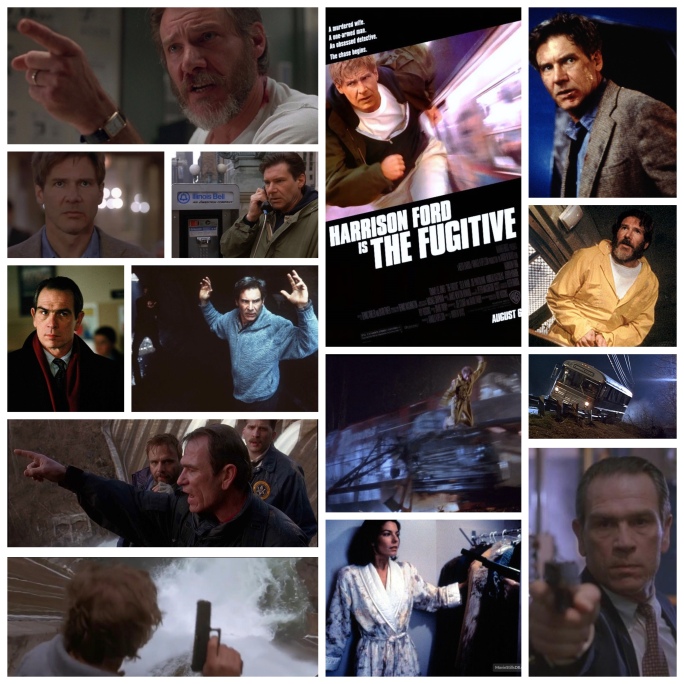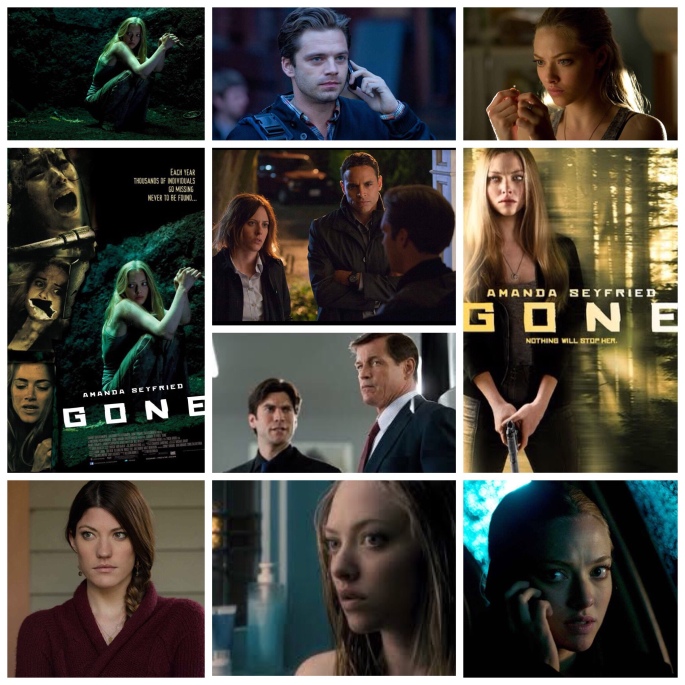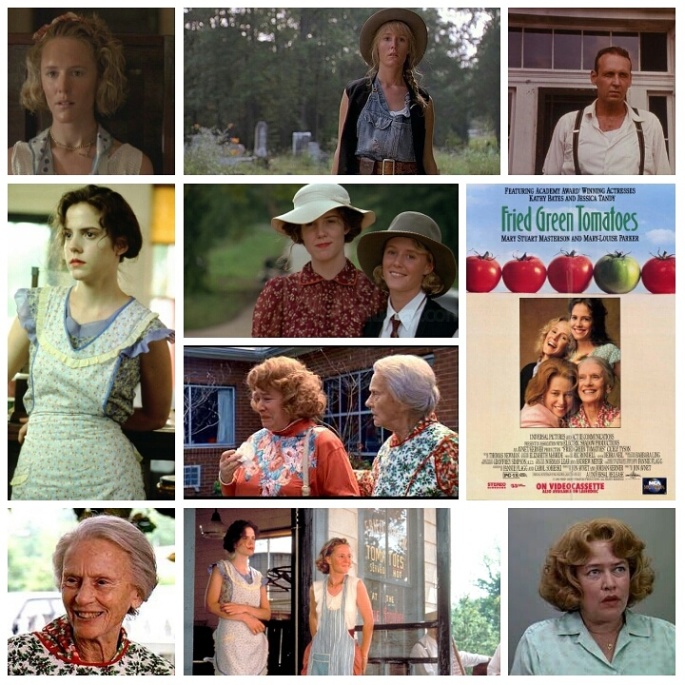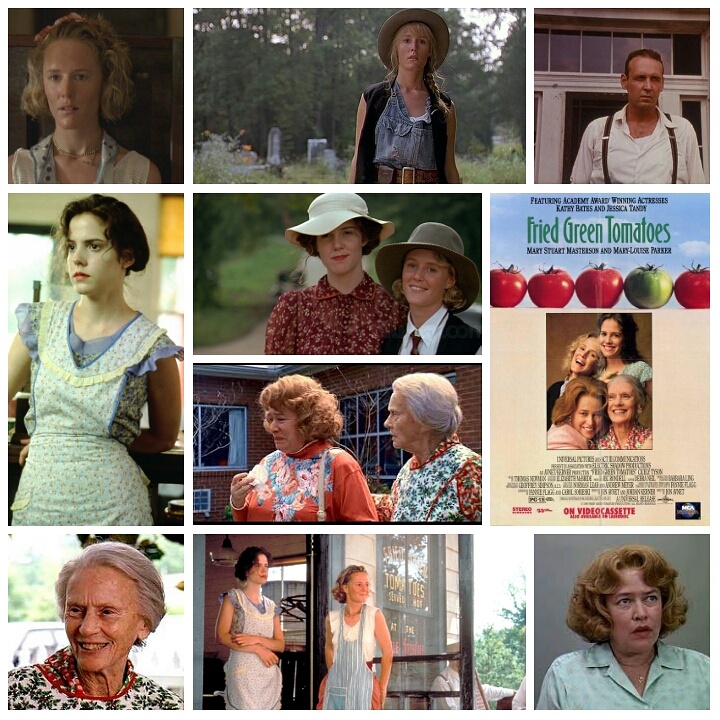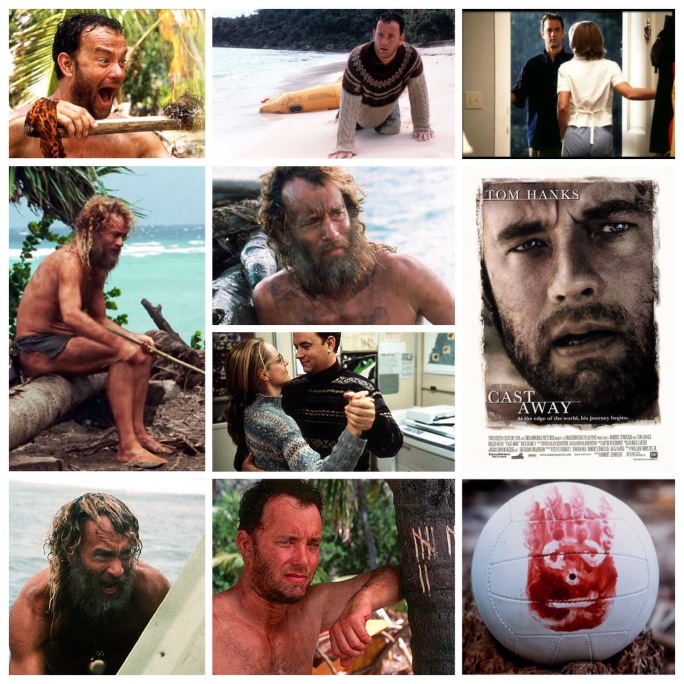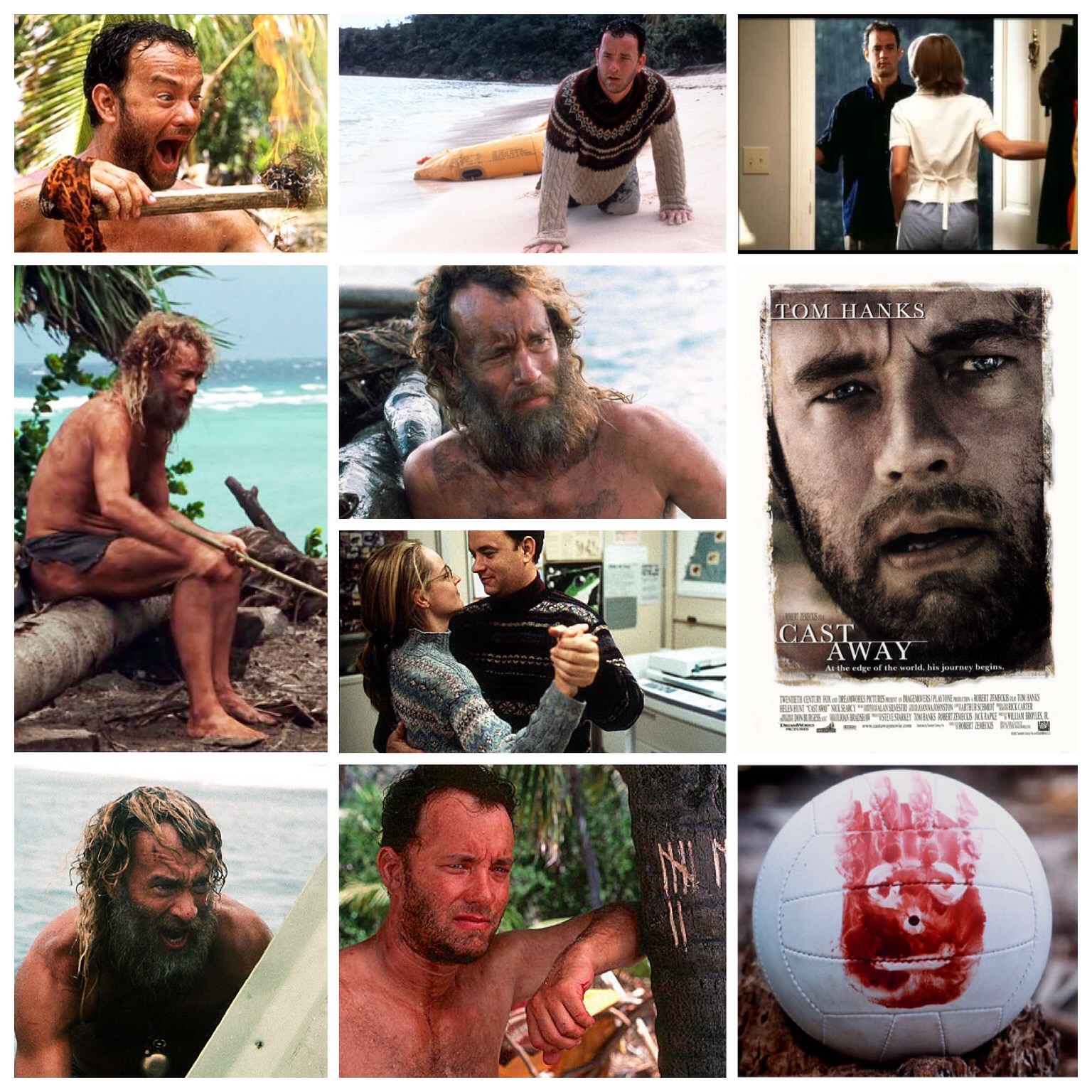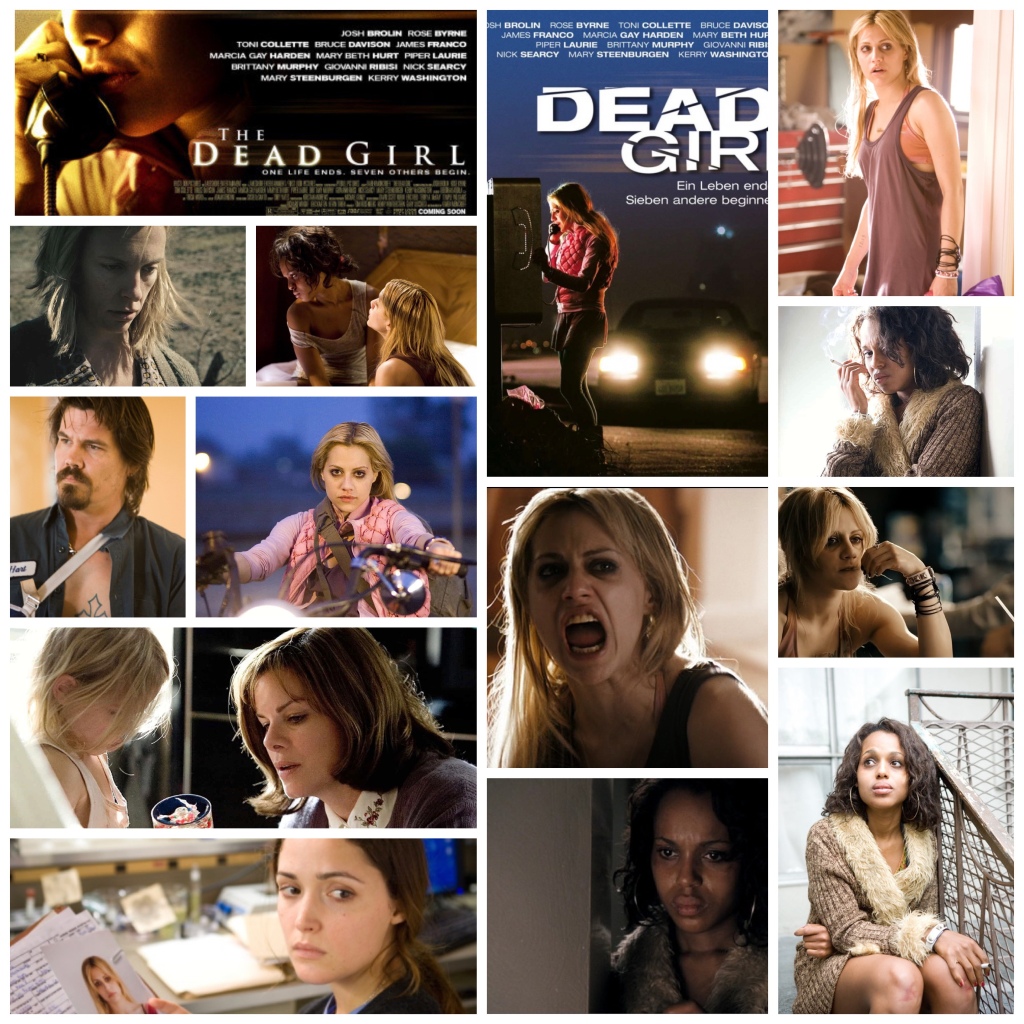
Karen Moncrieff’s The Dead Girl is one of the bleakest, most depressing and soul dampening films I’ve seen recently, so much so that it seems to take a bit of you with it after the experience. It’s also quite an important film though, serving to illuminate and highlight the downward trajectories that human lives take after being abused and mistreated as children, and the ripple effect these lives have on others as the years pass on. It’s an ensemble film full of amazing talent that falls into the groove of vignette, and while each episodic chapter isn’t quite as immediate or powerful as others, the ones the work are something profound. In the opening segment a socially stunted woman (Toni Collette) finds the decomposing corpse of a teenage girl in the desert, and struggles to deal with her horribly abusive, bedridden gasbag of a mother (Piper Laurie in curdled Carrie mode), while going on a hopelessly awkward date with a weird grocery store clerk (Giovanni Ribisi). This chapter didn’t really resonate with me whatsoever beyond her finding the dead girl (the connective tissue between all of the episodes) so that’s all I’ll say about it. The second sees college med student Rose Byrne and her parents (Mary Steenburgen and Bruce Davison) dealing with the aftereffects of her sister going missing years before and the new knowledge that the dead girl in the desert could possibly be her. The next segment, starring Nick Searcy and an infuriating Mary Beth Hurt, is one best left not talked about because it’s spoiler territory, it’s well done but maddening. The last two are where the film really shines and finds its broken beating heart, as the mother (Marcia Gay Harden, brilliant) of the dead girl visits the ramshackle motel she was living in with another prostitute (Kerry Washington) who knew her well. Both actresses give a master class in pain, anguish and the brittle regret of lives gone wrong and paths taken from which there is no return, they’re two characters from very different walks of life who find solace as they mourn the daughter, sister and companion they once had. Kerry Washington in particular is so heartbreaking, so absolutely present in her flawlessly pitched performance of outwardly guarded toughness barely hiding the wounded, abandoned soul frying out for help beneath and her work here knocked me just flat. Finally in the last sequence we meet the dead girl in question, played hauntingly and painfully by the late Brittany Murphy in one of her blessedly candid, frenzied performances that shirks mannerisms for uncanny realism and emotion that comes across not as orchestrated by an actress onscreen but organically bubbles and wells up from a living, breathing human being, she was that good. Others make fleeting appearances to round out the ensemble including James Franco, Chris Allen Nelson and a degenerate, crack piping Josh Brolin. The film doesn’t let anyone off the hook, doesn’t hand out happy endings to the ensemble like goody bags and hasn’t a care in the world for conventional catharsis, neatly resolved narratives or crowd pleasing, it’s a film whose outcomes and arcs will leave you cold, hurt, confused, angry and completely disillusioned in humanity overall. So why watch it? Well, aside from being a beautifully acted, directed, scored and edited film it’s important as a mosaic narrative, especially in the final two chapters, because we see how the actions, abuse and effects of one life can scintillate out into others, and how this dead girl, an abuse and trauma victim from a broken home, despite being in a life situation some may regard as utterly hopeless she is still desperately clinging onto one glimmer of light in her life, a plot thread I won’t spoil but one that she so fervently keeps in her mind and thoughts that even after a life of tragedy ends in unconscionable untimely death, her intentions, pure heart and undimmed desire to be there for someone ripple out after she has passed away and affect those she left behind, in the film’s only life affirming aspect. I think that’s incredibly important to observe, and while the film’s first three chapters are important parts of this tapestry, it’s the final two that radiate forth as the most integral, and the showcase acting work from Murphy and Washington that is so good and so essential I felt like life was unfolding for real. Brilliant film.
-Nate Hill
